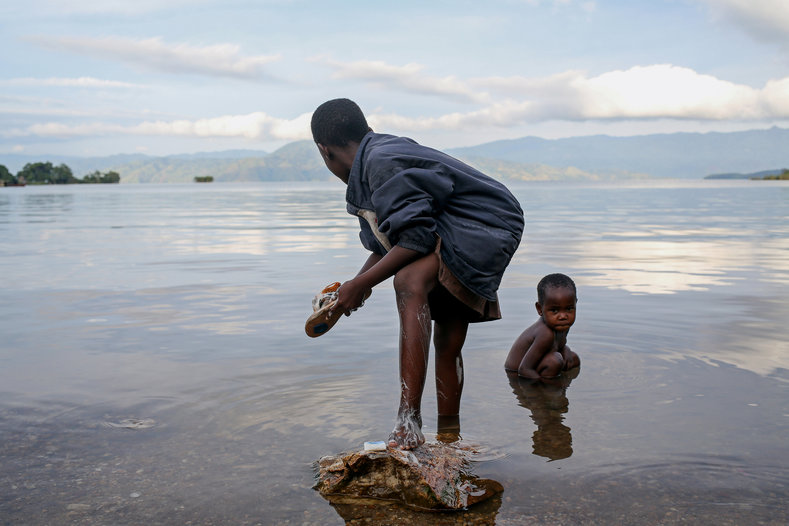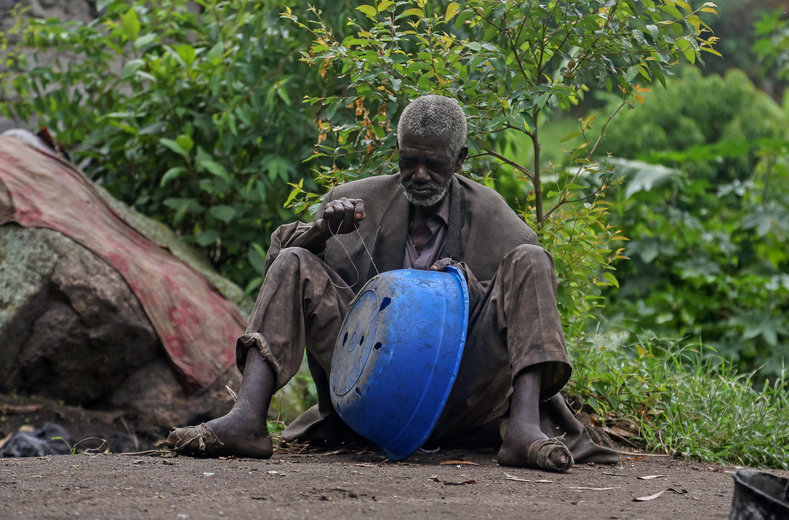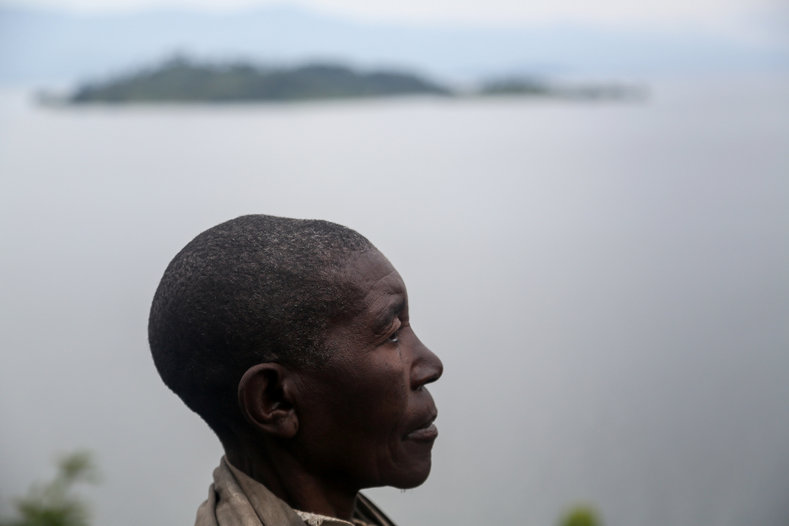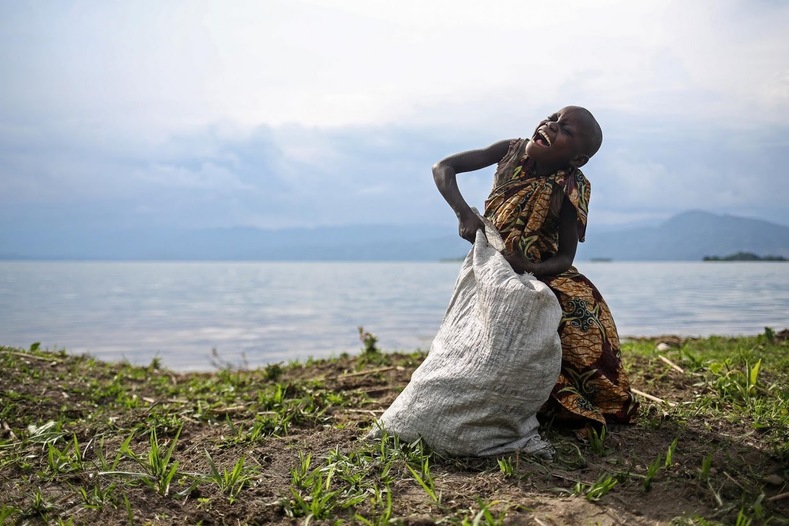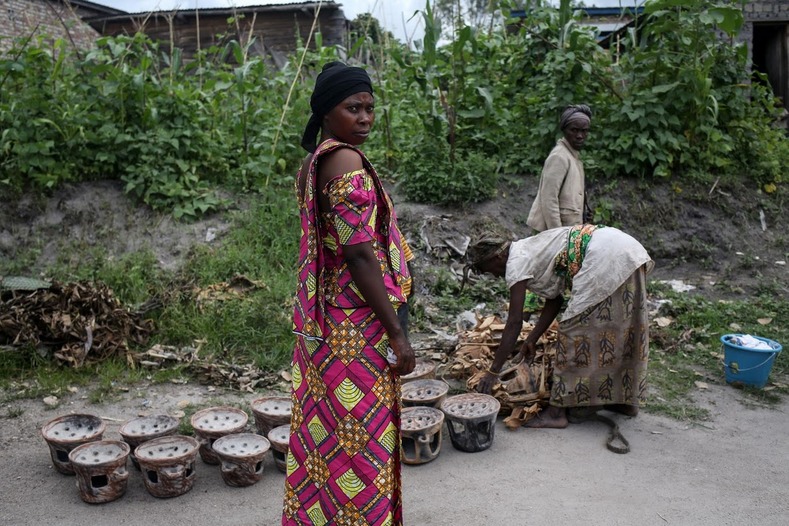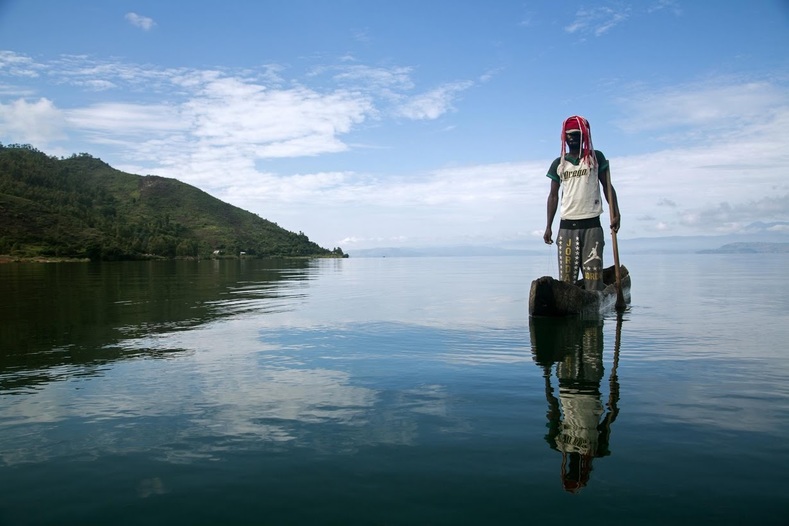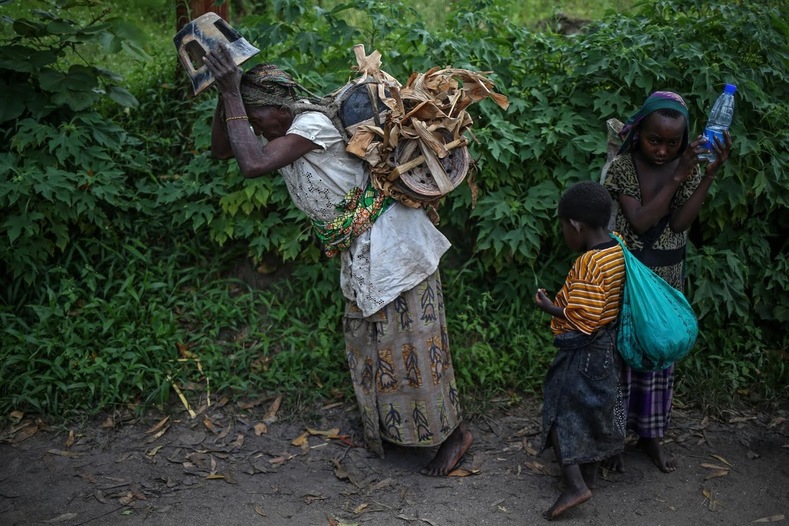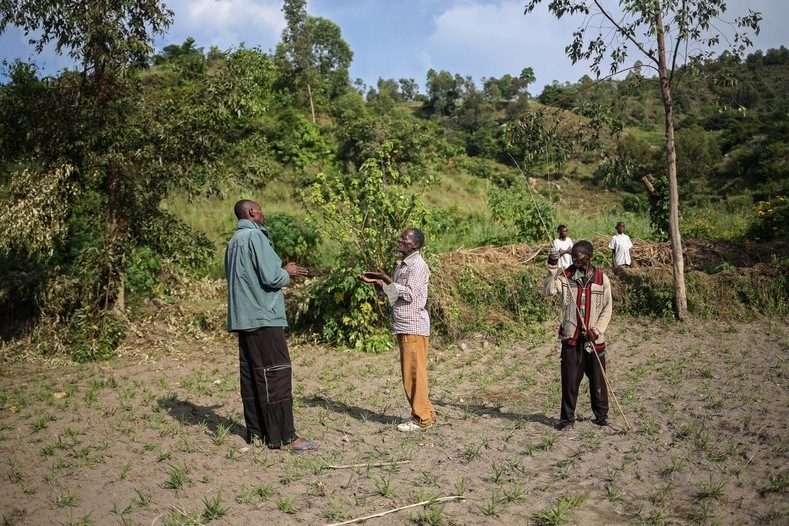Galerias
On Idjwi, the largest island in Democratic Republic of Congo, a way of life is dying.
The Bambuti, one of several Pygmy groups in Congo, are among central Africa's oldest Indigenous peoples. For millennia, they have lived as hunter-gatherers, surviving off the forest's bounty of plants, birds and monkeys.
But for its indigenous inhabitants, the advance of another culture has proved nearly as devastating.
The Bambutis, like Pygmy groups across central Africa, have been pushed out of a native land to which they could assert no legal title — in this case, to make way for an exploding ethnic Bantu population who now make up more than 95 percent of Idjwi's 280,000 inhabitants.
 8
8 